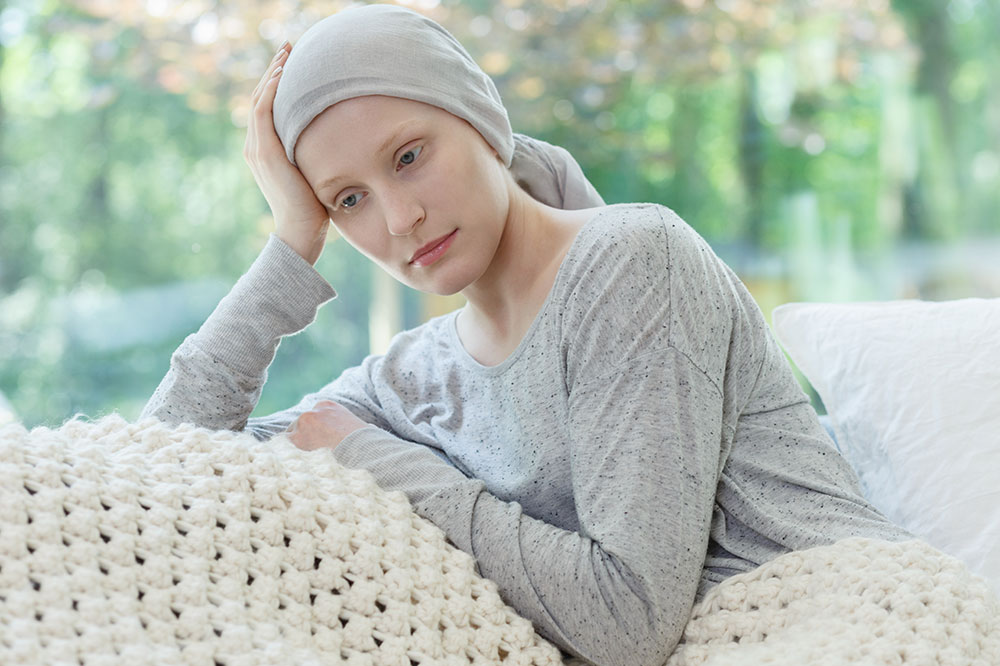
Coping with urges that can trigger a relapse post treatment
Addictions when left untreated can turn into crippling conditions. One can be addicted to smoking, binge drinking, or even shopping. Once addicted, one willfully submits to urges, despite having satisfied them before. However, addictions can be managed and to a great extent treated to full recovery. But, the post-recovery phase is crucial where both the mind and body are put to test and can trigger a relapse. Continue reading to know more about the most common triggers for addictions and how to deal with them.
Stress
Stress is commonly the root cause of many problems and addictions, both physical and psychological. One can become an addict as a way to manage the stress that may stem from strained relationships or priorities. The best way to avoid a relapse during recovery is to make lifestyle changes that don’t trigger a return to addictions amidst a stressful situation. One can practice mindfulness, engage in relaxation techniques, manage one’s time to avoid stressful situations, and imbibe healthy eating habits and exercise in their daily routine.
Emotions
There is an umpteen number of triggers that invoke a positive or negative emotional response. However, the stress associated with dealing with emotions daily can trigger urges without one even realizing. Often, one turns to a glass of alcohol or relies on prescription medications to put the mind at ease. It is not a permanent solution and prolonged use of these substances can cause more harm in the long run. One must learn and explore productive ways of controlling emotions better to avoid a relapse during recovery. For example, writing and maintaining a journal that contains one’s feelings and thoughts can act as a healthy outlet. Similarly, there are other healthy ways to channel one’s energy and manage emotional responses.
Positive conditioning
People who have addictions such as smoking or drinking may often find themselves in situations where a lit cigarette or a glass of wine can trigger a relapse. This is understandable considering these substances were the primary source of comfort and relaxation. However, with positive reinforcement and reconditioning one can train the mind and curb such urges. Relaxation doesn’t always mean techniques like yoga or meditation, it can also be pursuing your hobby.
Counseling for group gatherings
Birthdays, parties, New Year’s events, and any celebration in general call for alcohol consumption and smoking. At times, these could be the very addictions one is recovering from, and in a social gathering, such temptations can be strong. However, a recovering addict should refrain from indulging in any of these as even a taste can turn into a relapse. For instance, a recovering alcoholic must avoid having a single drink as that could put him/her on a slippery slope to relapse. Here, one-on-one counseling can help prepare the mind to resist the urge. It is never healthy for a recovering addict to simply avoid socializing fearing a relapse.







